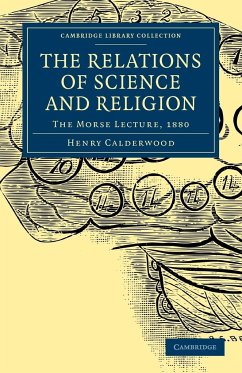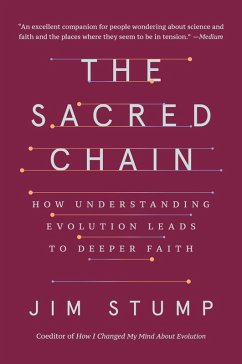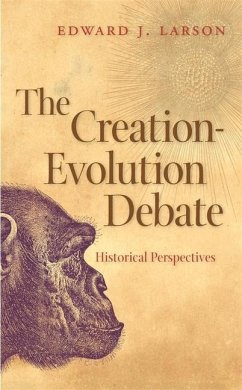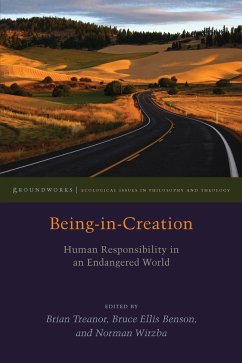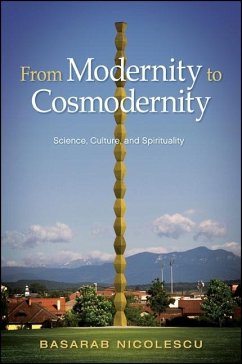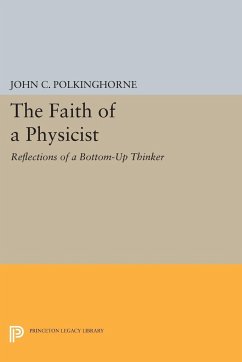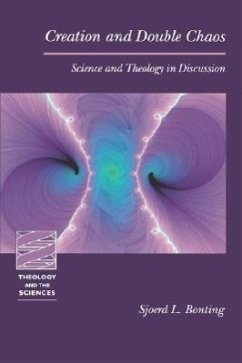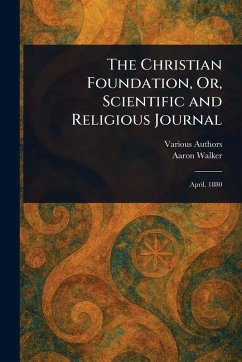Nicht lieferbar
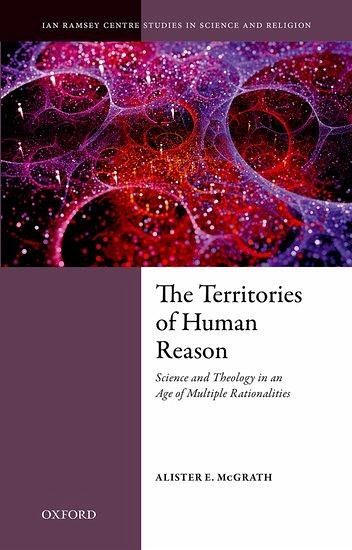
Alister E McGrath
Broschiertes Buch
The Territories of Human Reason
Science and Theology in an Age of Multiple Rationalities
Versandkostenfrei!
Nicht lieferbar




The Territories of Human Reason is the first major study to explore the emergence of multiple situated rationalities. It focuses on the relation of the natural sciences and Christian theology, but its approach can easily be extended to other disciplines.
Alister E. McGrath is Andreas Idreos Professor of Science and Religion and Director of the Ian Ramsey Centre for Science and Religion at the University of Oxford. After his doctoral research on molecular biophysics, he studied Christian theology, with a particular interest in developing understandings of the possible relationships between the natural sciences and theology. McGrath has published extensively in the field of science and religion, and been a significant voice in recent debates with writers such as Richard Dawkins and Christopher Hitchens over the rationality of religious faith, and its relation to a scientific culture. His publications include The Great Mystery: Science, God and the Human Quest for Meaning (2017), Inventing the Universe: Why We Can't Stop Talking about Science, Faith and God (2016), and Science and Religion: A New Introduction (2010).
Produktdetails
- Verlag: Oxford University Press
- Seitenzahl: 304
- Erscheinungstermin: 27. Juli 2021
- Englisch
- Abmessung: 215mm x 136mm x 17mm
- Gewicht: 396g
- ISBN-13: 9780192845689
- ISBN-10: 0192845683
- Artikelnr.: 61343538
Herstellerkennzeichnung
Libri GmbH
Europaallee 1
36244 Bad Hersfeld
gpsr@libri.de
Für dieses Produkt wurde noch keine Bewertung abgegeben. Wir würden uns sehr freuen, wenn du die erste Bewertung schreibst!
Eine Bewertung schreiben
Eine Bewertung schreiben
Andere Kunden interessierten sich für



